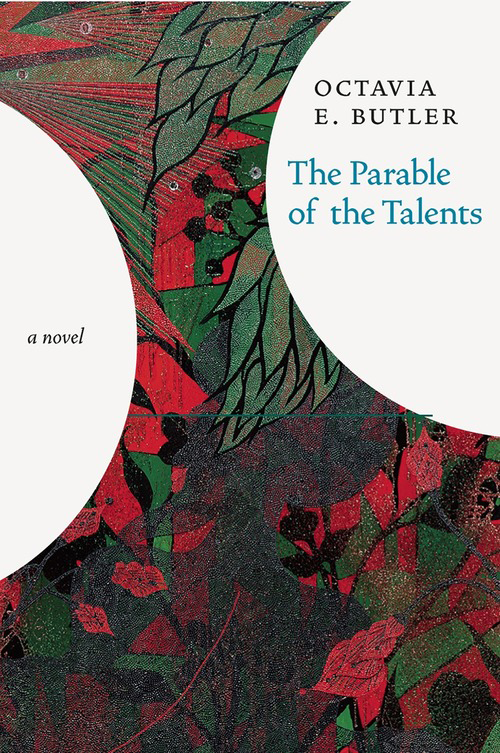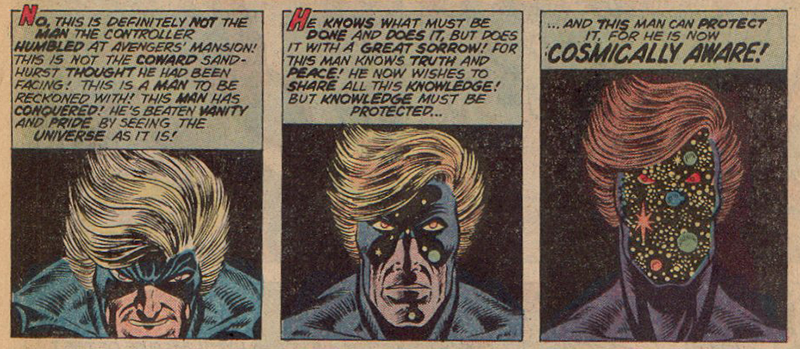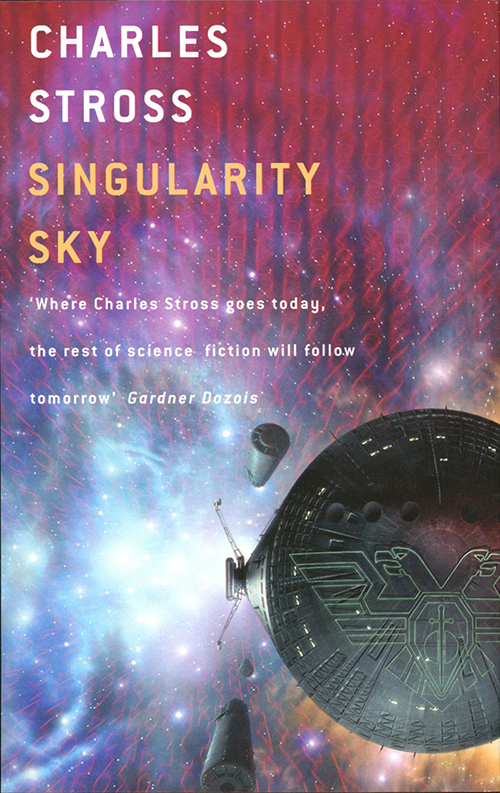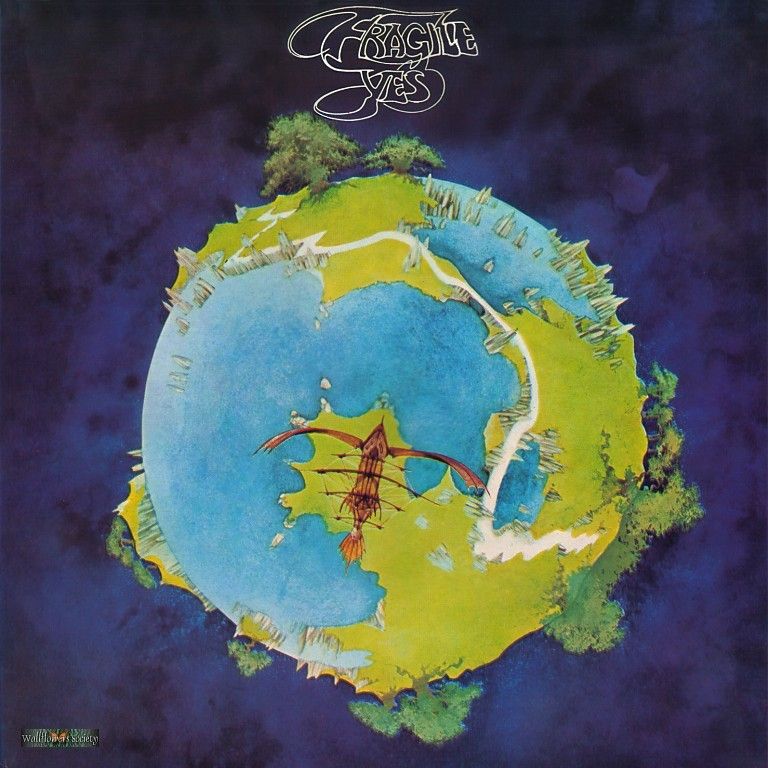Octavia Butler’s Earthseed series is two beautifully written, brutal but sometimes hopeful and emotionally devastating epistolary novels, Parable of the Sower and Parable of the Talents, that came out in the 1990’s.
Butler has been on my to-read list for a while. I started with these two novels that are some of the last that she wrote because I heard that in the second novel, America elects a fascist President whose campaign slogan is “make America great again.” Very relevant to our recent election.
Cover for a new hardcover edition of Parable of the Sower coming out in February from Seven Stories Press. I couldn’t find the cover artist on their website.
Parable of the Sower is terrifying because it’s very plausible. Butler portrays a future America that has been devastated by an economic collapse caused by climate change. No one but the ultra rich can afford gas for vehicles. Food is expensive so middle class communities grow their own in gardens and learn how to eat foods like acorns. Many people are homeless migrants walking long roads to escape extreme drought further south. Everyone is so desperate to survive and there is so much crime that no one can afford to be kind. I don’t read a lot of post-apocalyptic SF so I found the breakdown of the social order to be frightening, but if you read a lot of those books this may not affect you as much.
The book is a sequence of diary entries and religious verses by the main character, Lauren Oya Olamina. This format adds to the realism. At first Olamina is introducing you to her walled neighborhood, a somewhat familiar place of relative stability in the chaos. But then she is forced to make a harrowing journey, walking north on California’s highways, surrounded by violent vagrants and fleeing before walls of fire set by drug addicts who experience orgasmic pleasure when they watch flames burn.
Cover for a new hardcover edition of Parable of the Talents coming out in February from Seven Stories Press. I couldn’t find the cover artist on their website.
Parable of the Talents is set five years after the end of Parable of the Sower. At first, the sequel feels less alarming, perhaps because Butler adds introductory texts by other characters to Olamina’s diary entries. Until the halfway point – then a major change in Olamina’s circumstances upset me so much I could barely read it.
There are some spoilers and mention of sexual assault and slavery in the paragraph ahead. Click through to read the rest of the review.






